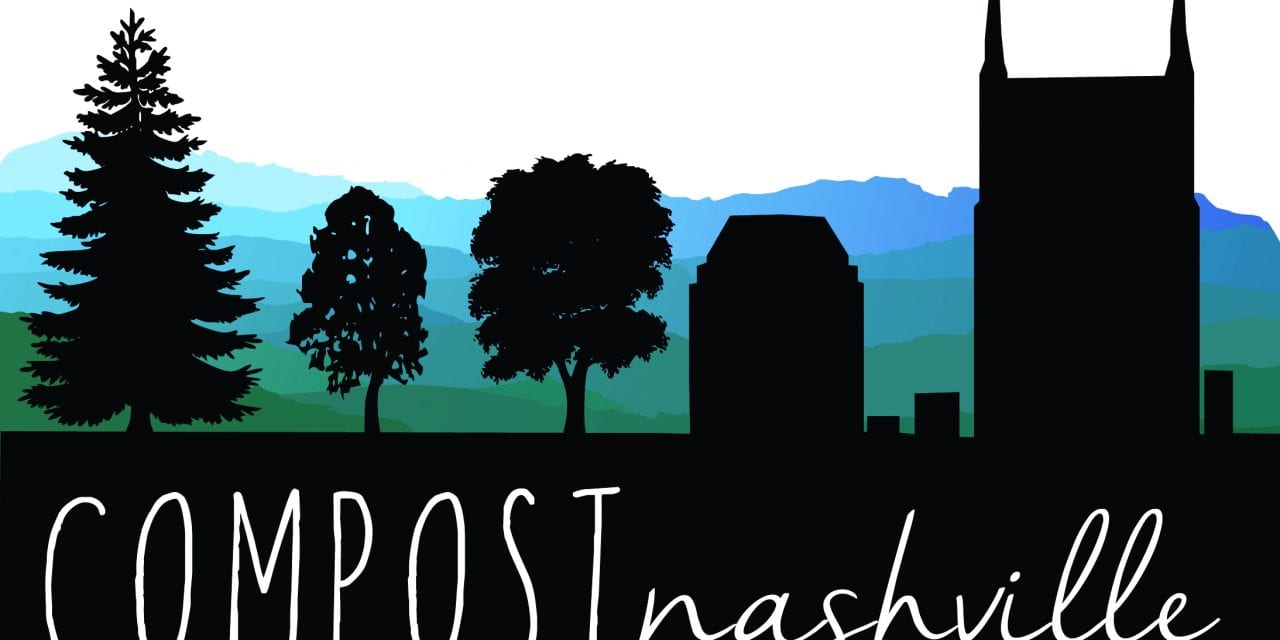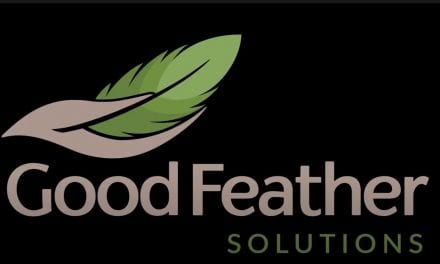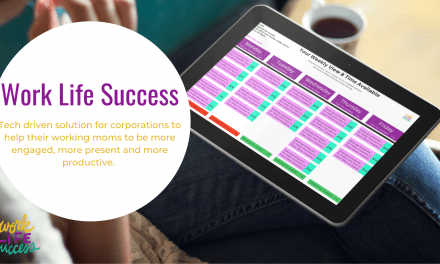The goods consumers use can still be part of their lives long after they’ve been thrown away. Conservation Law Foundation, an environmental advocacy group focused on New England, claims that “There’s simply no such thing as a safe landfill. No matter how many barriers, liners, and pipes we install to try to mitigate the risk, landfills will always leak toxic chemicals into the soil and water.” Putting that into perspective, the Environmental Protection Agency (EPA) has gone on record to state that “The total generation of municipal solid waste (MSW) in 2017 was 267.8 million tons (U.S. short tons, unless specified) or 4.51 pounds per person per day,” and “more than 139 million tons of MSW (52.1 percent) were landfilled.”
There are greener ways to take care of trash, such as turning food scraps into beneficial soil conditioner that can be used to assist in growing food. Known as “composting,” this method of repurposing food waste is something many people are already doing. To this point, the EPA says that “Together, more than 94 million tons of MSW were recycled and composted, equivalent to a 35.2 percent recycling and composting rate.”
If you’re concerned about the ethical implications of what you throw away, there are services in the Nashville area that can help. Compost Nashville, a member of the U.S. Composting Council for best practices within the composting industry, wants to make Middle Tennessee greener. Their slogan of “Grow Food, Not Landfills” indicates that their clientele is concerned about both what comes out of their houses as well as what they’re putting into their bodies.
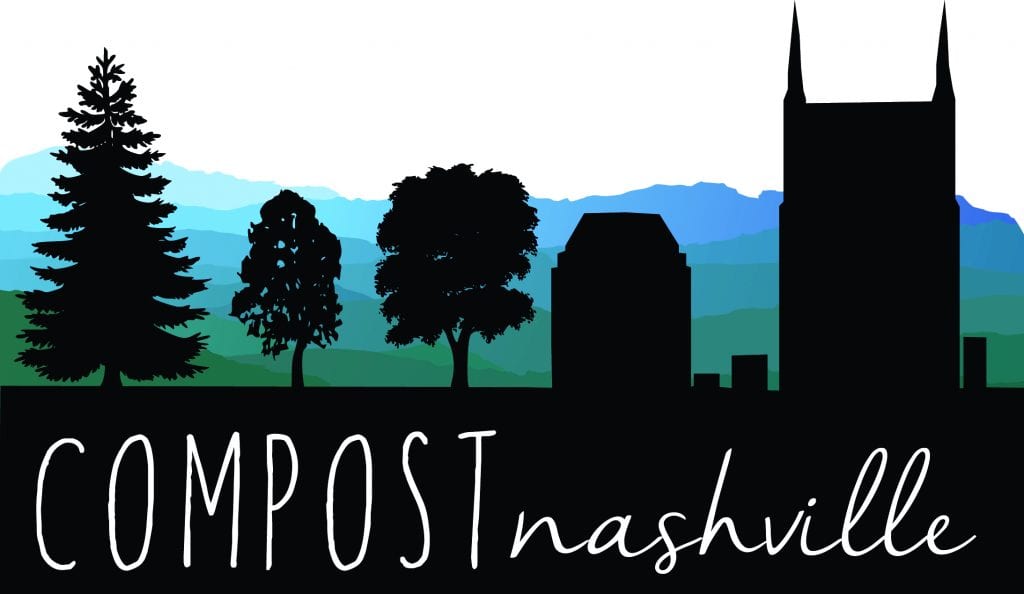
With both residential and commercial services, Compost Nashville has diverted an estimated 4,135,245 pounds of compostable waste from landfills. Co-Founder and CEO Matthew “Beadle” Beadlecomb tells Launch Engine that the organization was created after he and his business partners saw a need for such services in the area.
“People didn’t have easy access to recycling in general, but especially recycling of their food waste,” Beadle says of the impetus to start Compost Nashville. “And we wanted to provide a way for folks to be able to compost. Some people can do it in their backyards. They have space. They have the time. They have the dedication. But a lot of people don’t have the space where they live—in apartments or condos. Or they live in neighborhoods where it’s not really allowed to have a compost pile in their yard. And so, Compost Nashville was created to relieve that pain point for people, no matter where they lived. We made it simple, and easy, and fun. They got to reap the benefits of composting without having to actually do it themselves.”
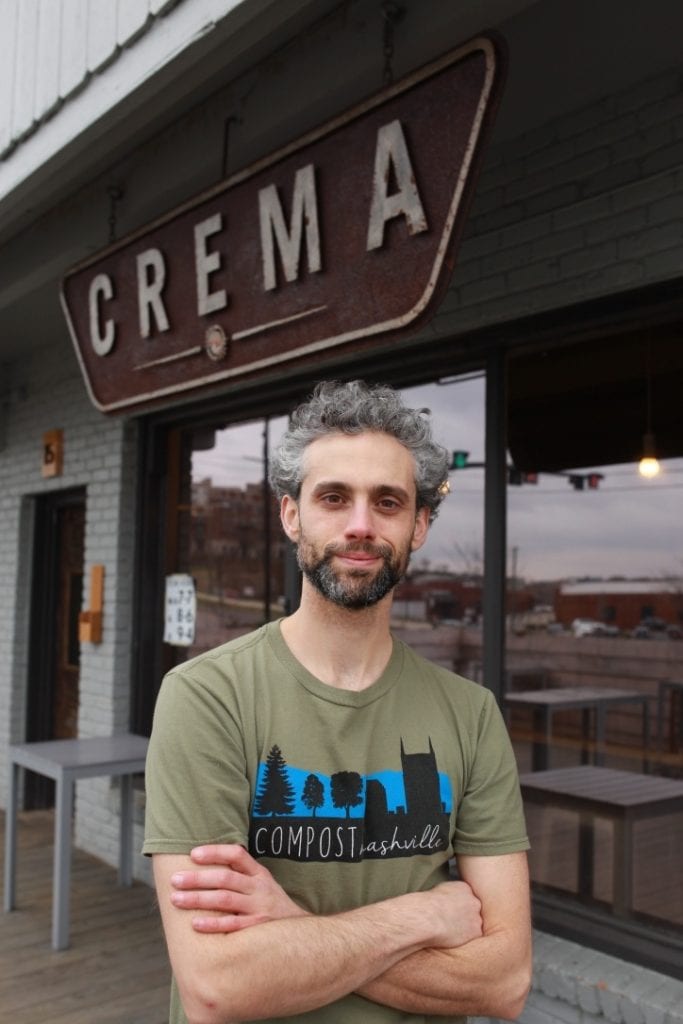
For Beadle, composting services should be available utilities for communities in the same way that trash pickup and recycling trucks are for houses and businesses. He sees this as “a basic human right for everybody” to have access to such services that reduce landfill waste and provide soil for personal gardens. He explains, “If we’re going to continue to survive on this planet as a growing species, we’ve got to reinvest those nutrients back into our soil and into growing healthy food. Because we’re only as healthy as the soil that we live upon.”
Beadle tells Launch Engine readers that just throwing food waste away squanders a resource while making the climate change problems worse. He says, “It boils down to: If our food waste is going into the landfill, that’s a valuable resource that we used lots of land, lots of water to grow this food that people didn’t eat… That’s nutrients from our soil that we use to grow our food. And then, if we’re putting it into a landfill, those nutrients are sequestered away, where… instead of decomposing, where they go back into the soil, they rot and release harmful gases. Methane in particular, which is one of the Greenhouse Gasses, and it’s 25 times more potent than carbon dioxide, which is what comes out of our cars.”
In terms of the fight to persuade more people to participate in composting, Compost Nashville has some recognizable allies. Crema Coffee Roasters, Lockeland Table, and Miel are just a few of the food-focused businesses utilizing Compost Nashville’s services, with CMT, Center 615, and Lyft also figuring prominently on the list. But Beadle thinks that there’s a lot of work ahead of environmentally-conscious Tennesseans to get others to see the values in composting.
He states, “We’ve got a lot of education to do in the long-term to bring everybody on board with composting. Because, let’s face it, trash service—especially in Nashville—there’s no line item on your taxes that shows you that you’re paying for it, even though you are. And so, people feel like it’s free to throw things away.”
Beadle refers to the task of getting Middle Tennesseans to pay extra for a composting service as “an uphill battle.” He believes that the attendant costs of trash pick-up aren’t a common consideration for many. To address this, Compost Nashville used to have a presence in many of the local farmers’ markets to educate people about composting.
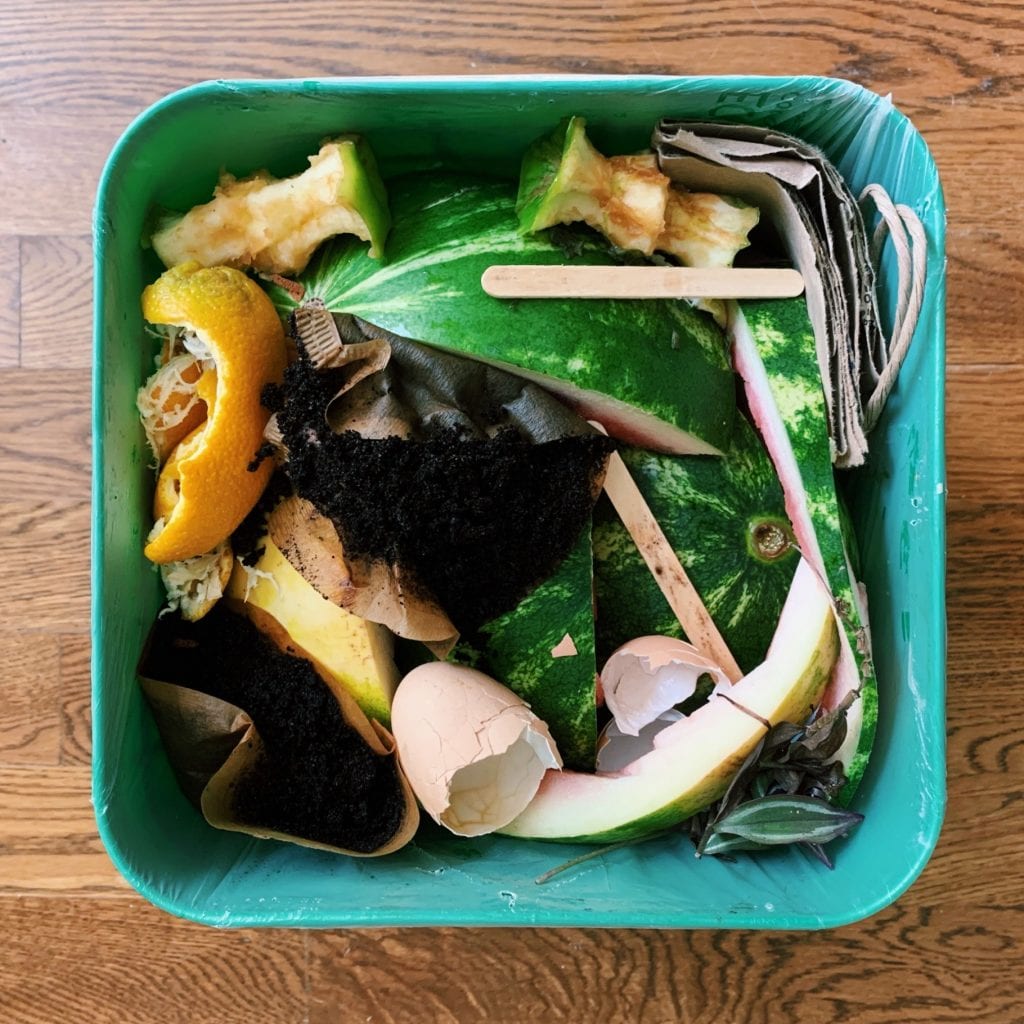
But it wasn’t the local outreach campaign that made Compost Nashville become more popular as a service. Instead, Beadle describes a cultural shift in American consumers over the last decade that has made them more concerned about what happens to their trash. Beadle says, “It’s moving more and more towards people caring about the environment and wanting to protect it—especially amongst our youth!”
Beadle was one such person, worried about the future of the planet. Before the formation of Compost Nashville, he was pondering the rapid pace of movement of modern society, and how he perceived growth spurred by technology outpacing a sustainable model. This worried him, and made him consider his existential value. He says, “I just really needed to find something to do that… resonated with my being. That I was not just here to party, to damage the Earth, and go home, you know, at the end of the day.”
In his search for meaning, the Compost Nashville CEO saw innovation as something that could also save humanity, if used properly. That innovation includes finding ways to get as much value out of food waste as possible. Beadle gives an estimate of 30 to 40 percent of trash could be composted by users who are willing to make the effort, with another 40 to 50 percent possibly recycled.
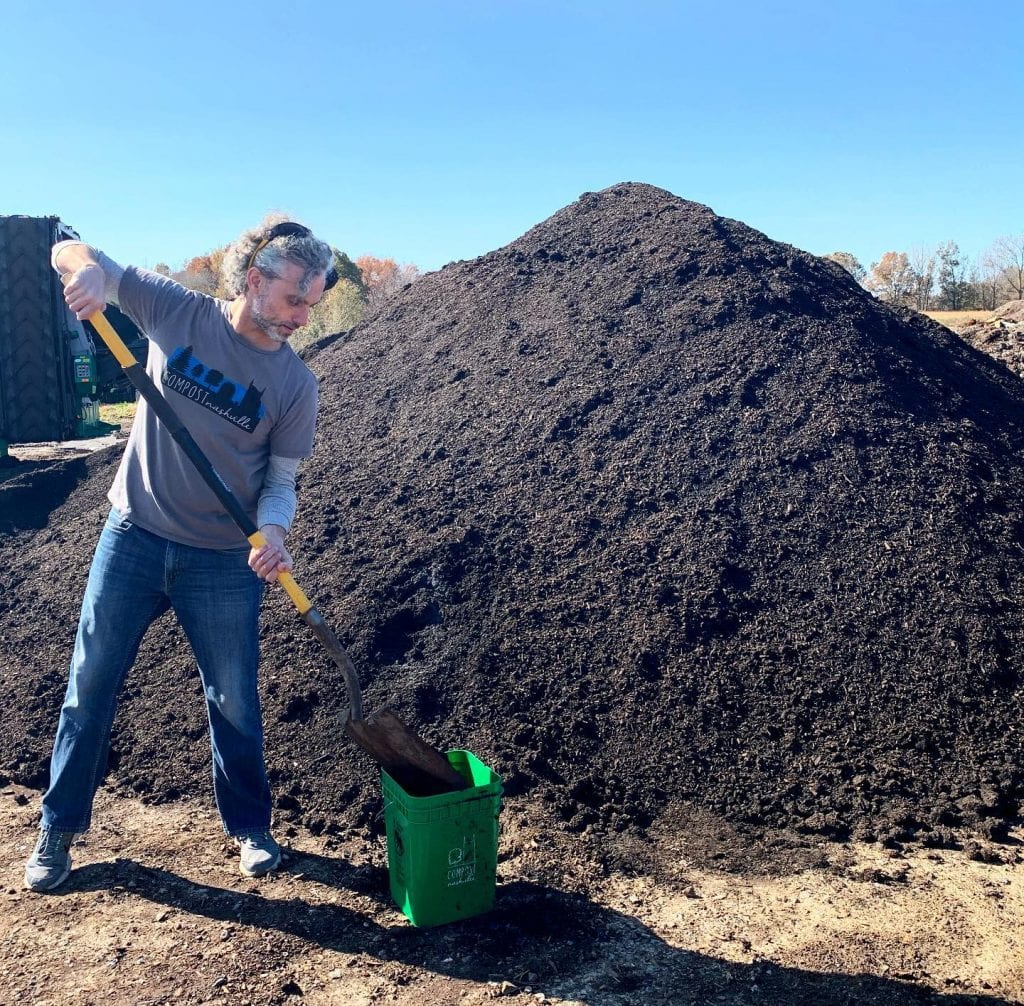
If the call to help protect the Earth isn’t enough, those considering Compost Nashville as a trash service option may appreciate the other perks of composting. To that, Beadle says, “On the commercial end, all of our restaurants, office, and business customers… some of them save money… but they have people support them because they are taking these initiatives, with their waste diversion.”
On the residential end, there are positive effects to be realized as well. Beadle says that customers have sent Compost Nashville videos and pictures of how composting has made a difference in their lives and made them feel good about where their trash goes. “I think it can really be an inspiration to kids,” Beadle shares. “Getting kids composting and understanding the importance of our life cycle and how things work on a grander scale, is just invaluable.”
According to its website, Compost Nashville will bring complimentary compost twice a year to users for their personal gardens. For further information about Compost Nashville, including answers to frequently asked questions and the services available, be sure to visit their website and social media.

